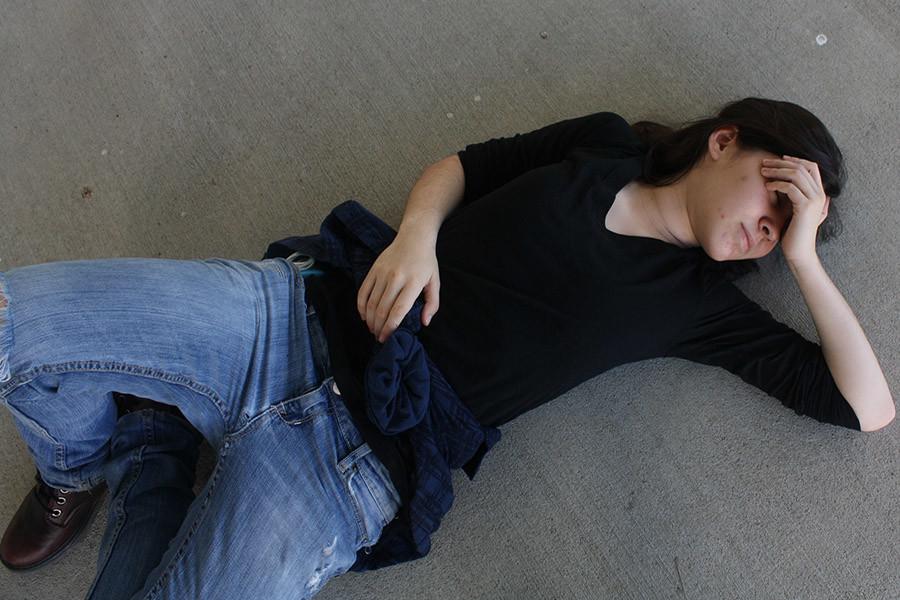Mental health: anxiety and depression
What seems like a normal girl but on the inside she could hold a thousand secrets.
February 2, 2016
There are more than 200 classified forms of mental illness. Some of the more common disorders are clinical depression, bipolar disorder, dementia, schizophrenia and anxiety. Symptoms of anxiety may include changes in mood, personality, personal habits and/or social withdrawal.
Anxiety is an abnormal overwhelming sense of apprehension and fear often marked by doubt concerning the reality and nature of the threat. Accompanied by self-doubt and the ability to cope with the situation.
Anxiety can cause panic attacks. If a person stresses too much or is surrounded by what they fear, they may feel a sense of panic. A panic attack is a sudden feeling of acute and disabling anxiety. Times when this may occur include being in crowds, public speaking, and stressful times. In addition to panic attacks, anxiety can lead a person to self-harm as a form of release. Everyone has a different reaction to anxiety.
Depending on how the person deals with their anxiety it can be helped without the need of medication. Now if it is severe, you may need the medication to be mentally stable.
Depression is feelings of severe despondency and dejection.
Depression is constantly thinking that you’re not good enough or smart enough. From personal experience depression can make you unmotivated and not wanting to do anything. There is a common misconception that depression is just a person being lazy, or unnaturally sad. Some suffer from a feeling of self loathing, depending on the severity of the episode.
There is treatment for depression. Whether it be therapy, medication, or even talking to your friends about it, there is ways to get help. No one is alone when they have a mental-illness there is always someone out there that understands what you are going through.




